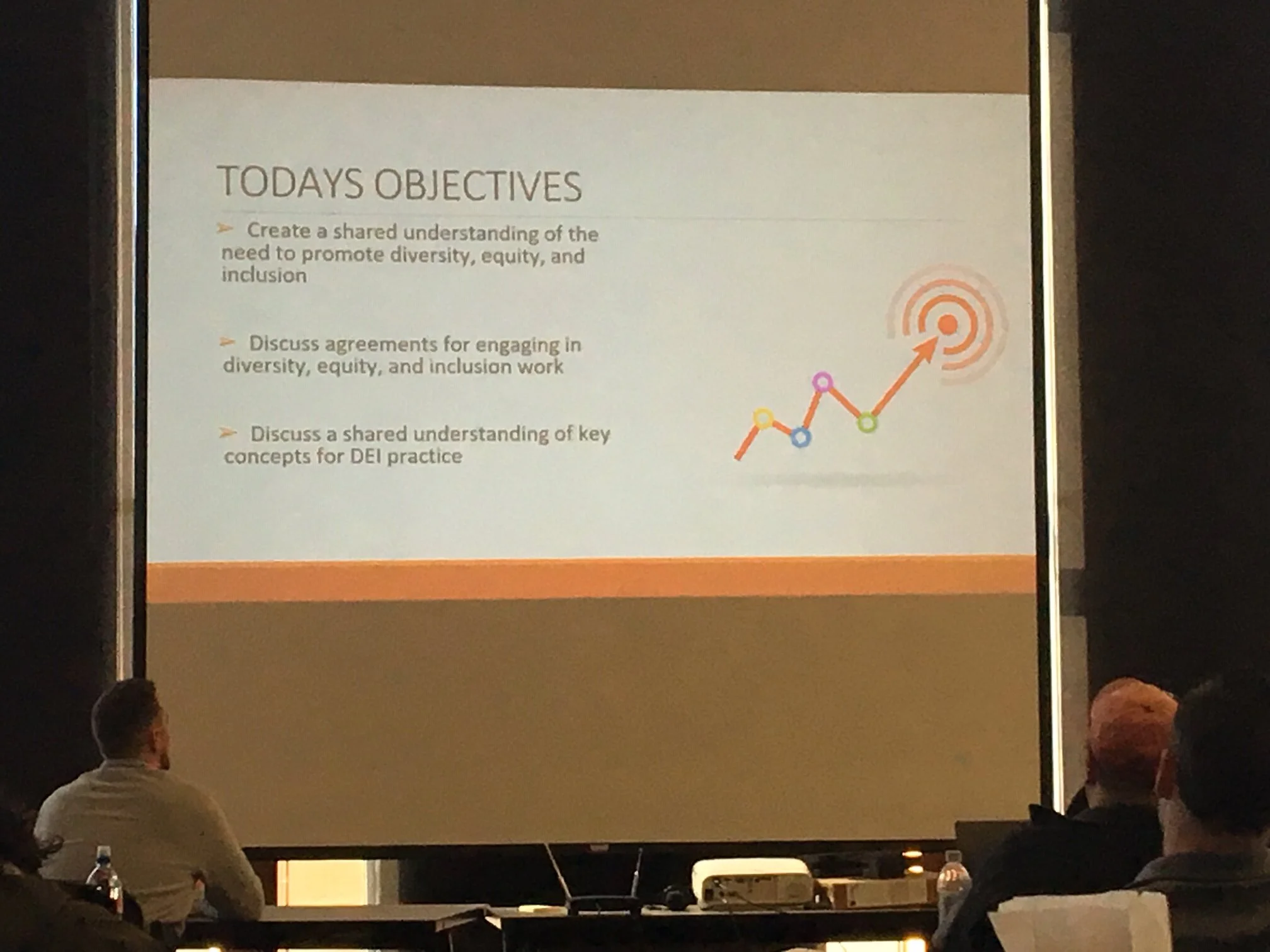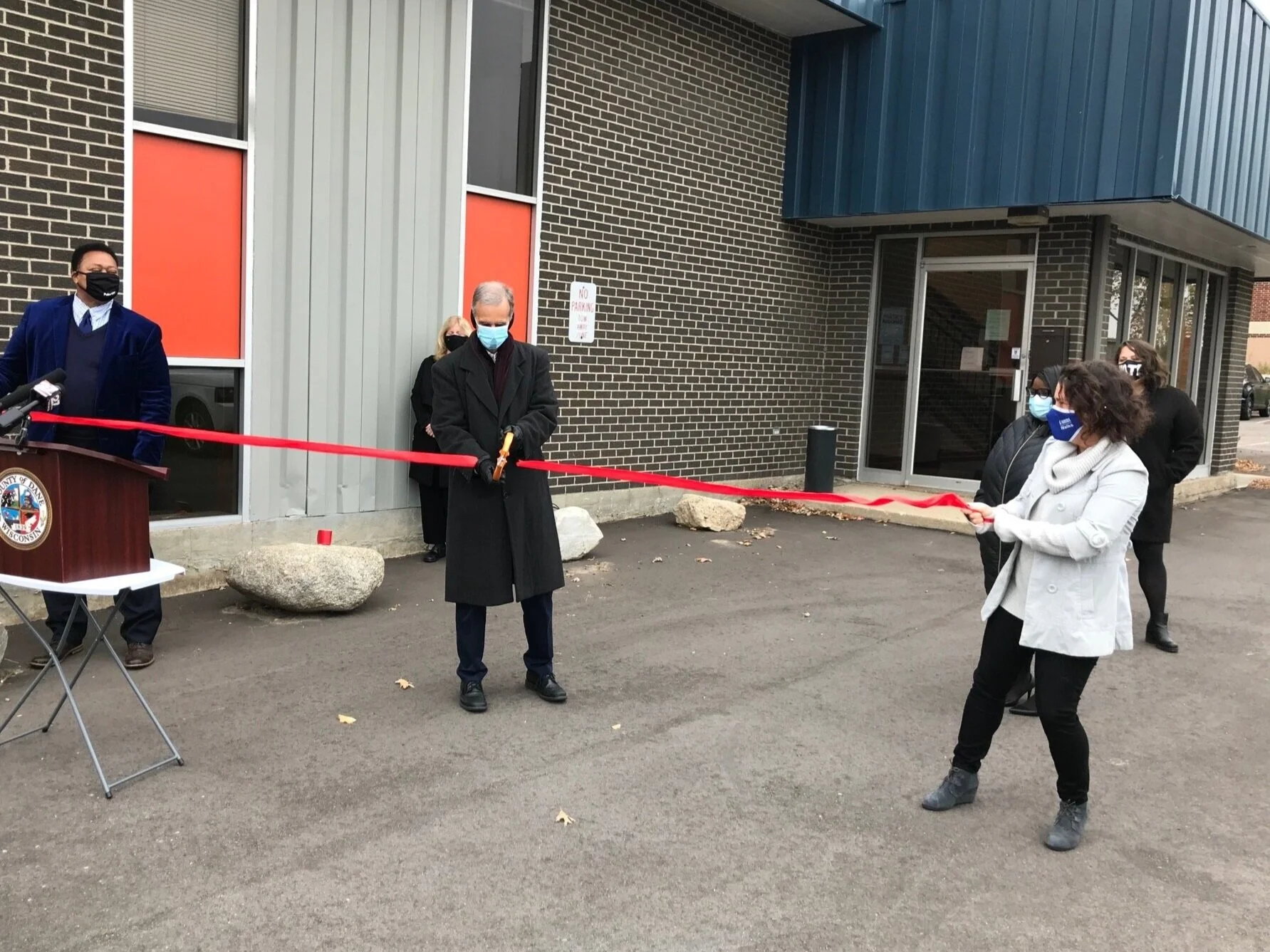Farit will be running 27 miles to complete his "Marathon For Life" fundraiser for NAMI to raise mental health awareness.
Read MoreWhat do you think of when you hear “self-injury?” If you can only think of cutting or suicidality, you are not alone. Self-injury is shrouded in a stigma that causes many to be unaware of its definition, causes, and effects. This lack of understanding can cause those who self-injure to feel hesitant in seeking support from loved ones, or even in disclosing their experience to a mental health professional. We can start breaking through this stigma by addressing common myths about self-injury.
Read MoreLived experience is at the core of mental illness. No one truly understands what happens within a psychiatric problem except the person who experienced it.
Read MoreThere are websites and articles that put everything nicely- they may have some brief, seemingly perfect phrases to use when talking to someone about their eating disorder. What online resources are missing is that these conversations don’t always go to plan. Your friend might refuse to consider treatment. They might shut down mid-conversation. They might get angry with your concern. And you might react poorly. That doesn’t mean you can’t make a world of difference for someone, it just means you can’t expect yourself to turn the world for them.
Read MoreThe purpose of the CIT program is to train law enforcement on how to deal with mental health crises, understand the signs and symptoms of mental illness and to divert people to mental health treatments instead of putting them in jails. This program is a partnership between law enforcement, mental health specialists and the community stakeholders in order to ensure the safety of society and avoid unnecessary use of force that could result in tragedy. This training is beneficial for the police officers; it gives them more understanding of mental illness and it hones their intervention skills. Also, it is more beneficial for people with mental health issues as it ensures that they get the treatment they deserve, doesn’t make their situations worse and more importantly, it saves their lives.
Read More“It’s the first step I have taken to get more involved personally with the VA. The first step I have taken to take care of me.”
Read MoreThis year, I decided to write about Black History Month. Naturally, I get excited when I can talk about my personal experiences to help people understand the bigger picture. However, as I started to write a title for this blog, I could feel my heart rate rise, my hands begin to jitter on the keyboard and my chest tightening. It wasn’t just excitement running through me. I wondered to myself, “nothing happened; why are you getting anxiety?” I’ve lived with anxiety and depression since I was 13 years old, so my list of coping skills from hours of therapy (and a stint in an intensive-outpatient) started going through my head to manage feeling triggered. I only recently started speaking out about generational trauma, racism and being Black in America because, at times, the anxiety and fear can be too much to bear.
Read MoreIt took me a while in therapy to connect my dropping out of college with my panic attacks and crying fits of my adolescence and to the dark thoughts that brought me to my therapist’s office. It took me longer to accept that it wasn't some sort of weakness or deficiency of character on my part. Rather it was a combination of my brain chemistry, past traumas I never processed, and harmful external messages (toxic masculinity, internalized racism, etc.) that I didn’t have the tools to recognize.
Read MoreKaren Andro, NAMI Dane County member, shares her remarkable story of resilience and her path to recovery on the NAMI Dane County blog. Today, Karen feels called to serve "going to where the people are" to share understanding, empathy, and support throughout an individual's journey of recovery.
Being a part of NAMI and seeing my son’s name in print as we move through the walk season has not only helped me move through my grief, but most of all, it has given me a better understanding of brain disorders. Securing donations through NAMI walks assures me that someone in need, like Trevor, will be given the opportunity and information to secure understanding that a mental illness is a disease like any other disease and nothing to fear or be ashamed of.
Read MoreCoping with and managing stress is an important part of being mentally healthy, but it isn't a skill we are born with. Children rely on parents, teachers, and other trusted adults to provide support and guidance when things get tough; it's how they work through the "good" stress of trying new things, and it's also how they find peace when tough situations occur.
Read MoreThe COVID-19 pandemic has put an overwhelming strain on the Dane County community, and has negatively impacted many struggling with mental illness and addiction. Our commitment to addressing behavioral health challenges has existed for years, and with the help of our latest efforts, will remain a top priority during the pandemic and beyond.
Read MoreAttending to student mental health and wellbeing has been a high priority in MMSD for many years, but it merits special attention during this time of unprecedented emotional and social stress associated with the COVID-19 pandemic and persistent racial trauma and violence. As a district we worked hard to return this fall in a way which centered relationships, highlighted resilience, and normalized stress. Our goal is to build a strong foundation for healing and healthy coping for all within our school communities
Read MoreEvery year on November 11th we officially honor the men and women who have served in our nation’s Armed Forces. Veterans Day matters. Ceremonies, speeches, and meals abound as we thank Veterans for their dedication and sacrifice in service to our nation. Then we return to the dailiness of our lives – and every year, as a Veteran, it strikes me again that most Americans who haven’t known the privilege of serving have not seen or heard the military oath of enlistment. That matters too. The commitment levied by that oath is serious. So serious that keeping it may one day lead to physical injury, psychiatric injury, cognitive impairment, disfigurement, or death – and not only in war.
Read MoreThe importance of the authentic connection that often develops between a parent peer specialist and the families they serve cannot be overstated. While it may not happen on the first, second, or even fourth or fifth call, it’s that relentless persistence and empathy a parent peer specialist brings to the mix through lived experience and enhanced by essential training, that is so vital to breaking through the mistrust and sense of isolation so many families feel after having to navigate complex, confusing, and at times contradictory systems on their own.
Read MoreNAMI will never tell you who to vote for or support. Rather, NAMI wants voters to understand how different policymakers impact mental health in our communities. Additionally, NAMI wants voters to know what they can do to educate candidates about mental illness. As my experiences show, candidate education can go a long way.
Read MoreI would say that I became a survivor first, and a clinician second. As a clinician, I have been able to incorporate what I learned from survivors into my clinical practice. I work to reduce stigma and to assist in the healing of painful abandonment feelings. I also work to assuage the feelings of guilt suffered by many survivors. Healing from the suicide of a family member or friend is a long process. We go through many stages of grief, and old feelings – often unpleasant – can emerge when we experience or hear of other suicides. But we also learn that life can go on and that even some good things can flow from the loss. For me, the good thing was deciding I wanted to help others as a clinician, as I had been helped by both survivors and other clinicians.
Read MoreAs I meet new survivors soon after their losses or those who attend a Support Group meeting for the first time, there is a universal question that is asked. "How can I survive?" or "How did you survive?” The universal answer is an unspoken one as the very presence of those of us who have lived beyond a suicide loss demonstrates our survival. The question, however, seeks a more personal response of encouragement to someone who may be unable to see how "they" can survive within their particular circumstance.
Read MoreSuicide isn’t an easy topic to think about, let alone discuss — especially with someone you suspect is suicidal. But it is incredibly important that we do talk about it and get our loved ones the help they need to prevent them from reaching a point of crisis. Here’s a little bit about what you can do to help them.
Read MoreSeptember is Suicide Prevention Awareness Month. Suicide is preventable. Through raising awareness, we can save lives by reaching out to others who struggle with suicidal thoughts and encourage them to seek help.
Read More
















